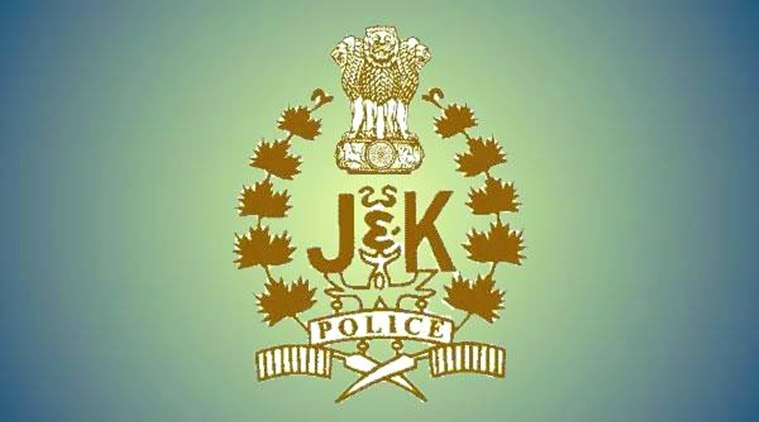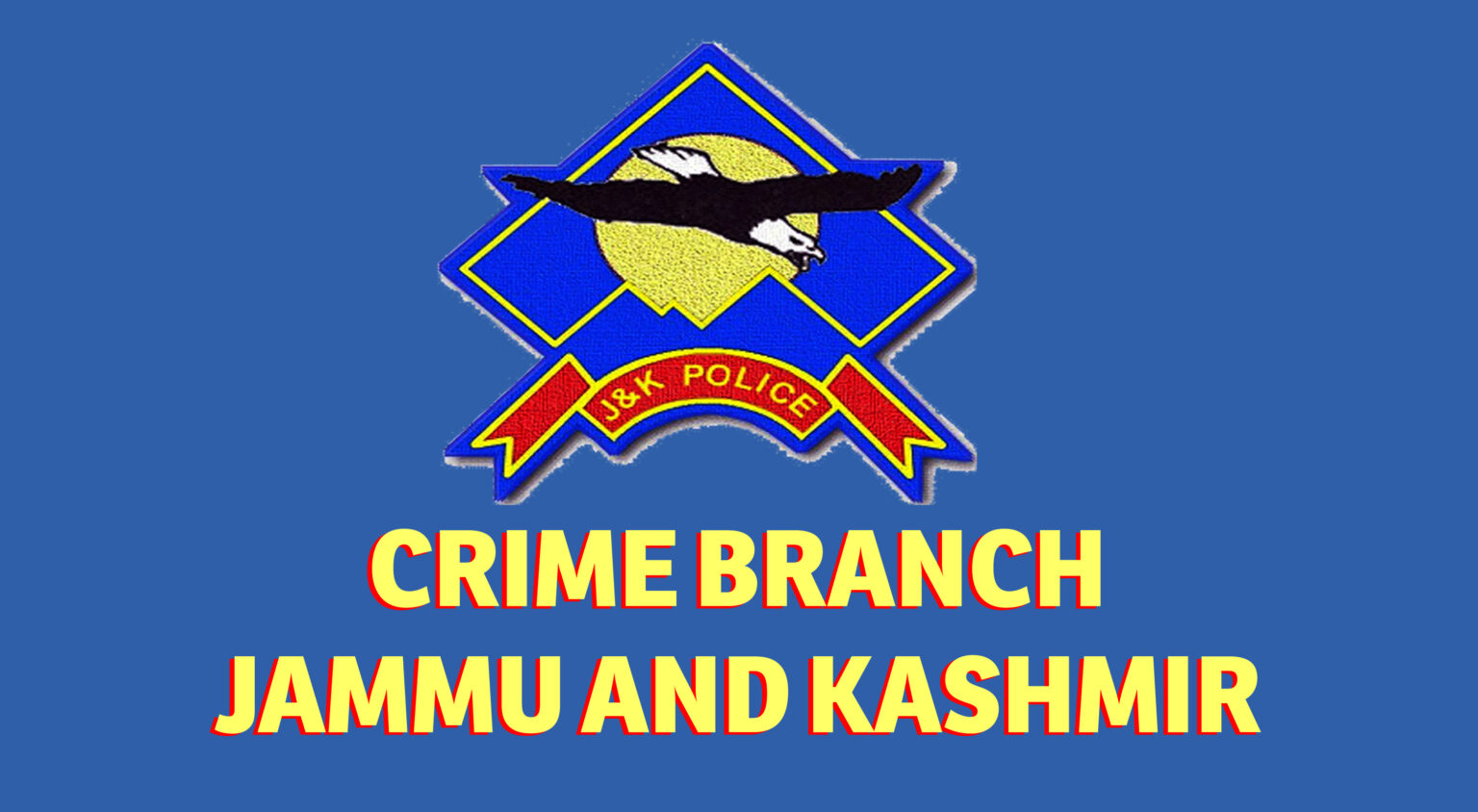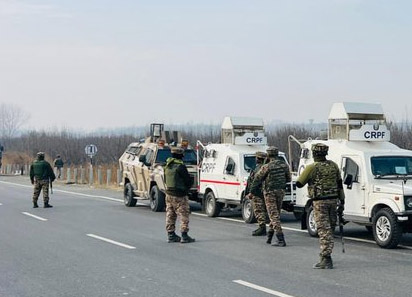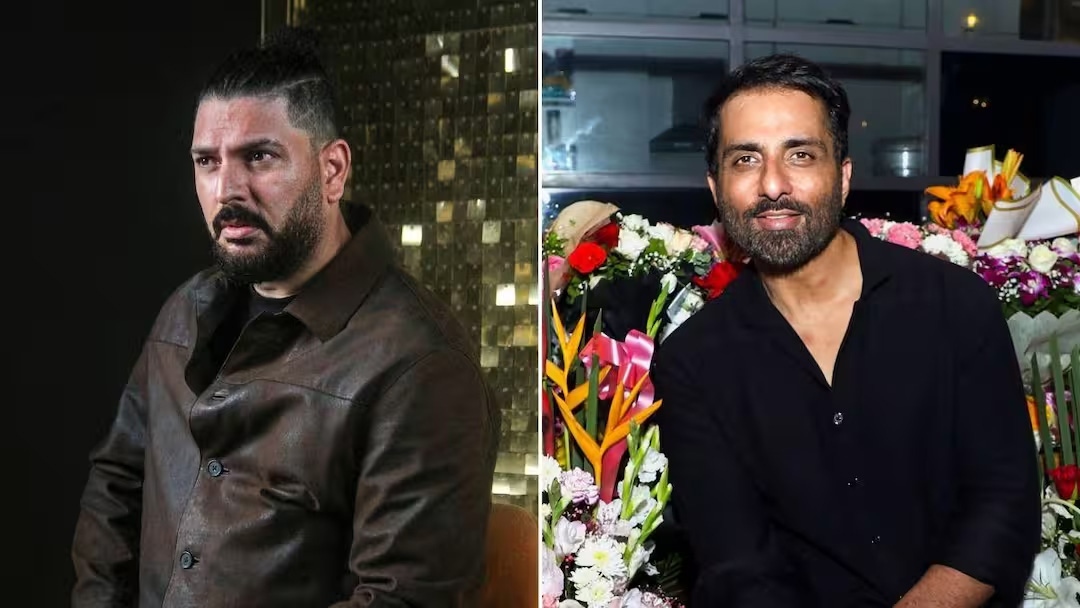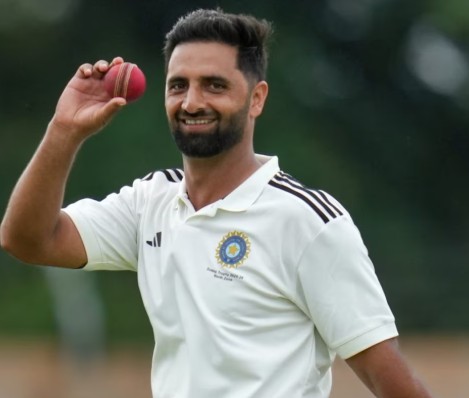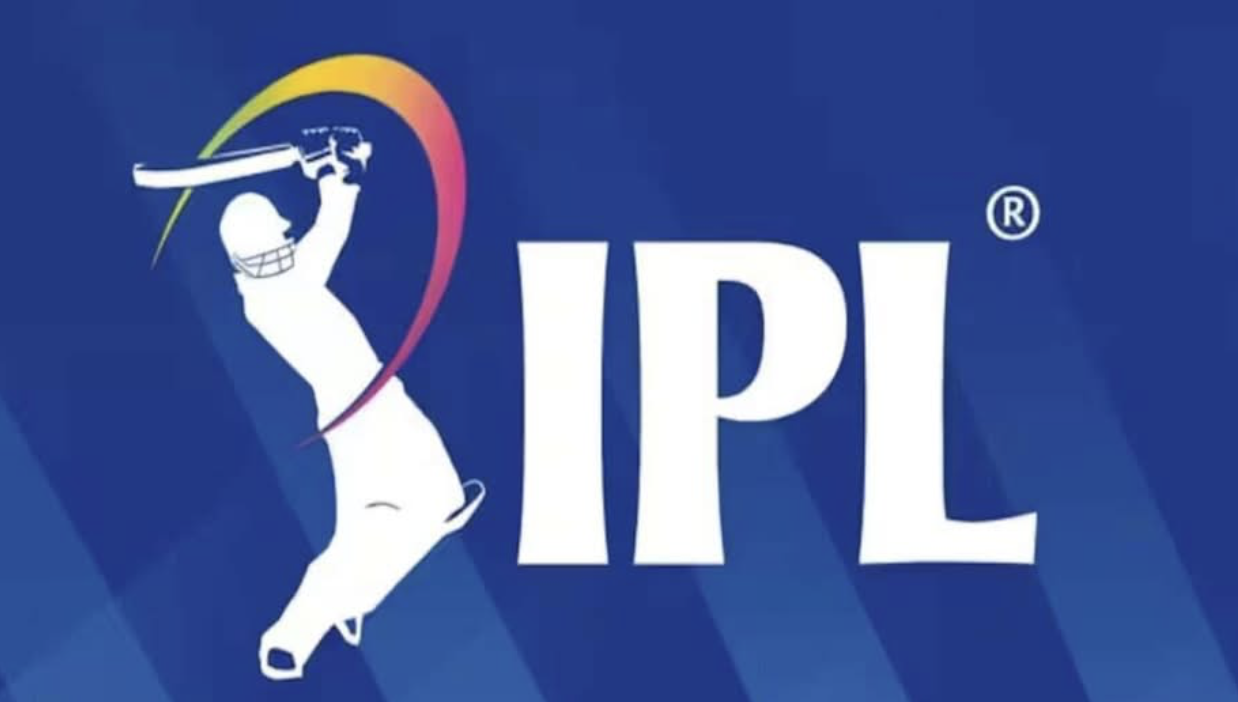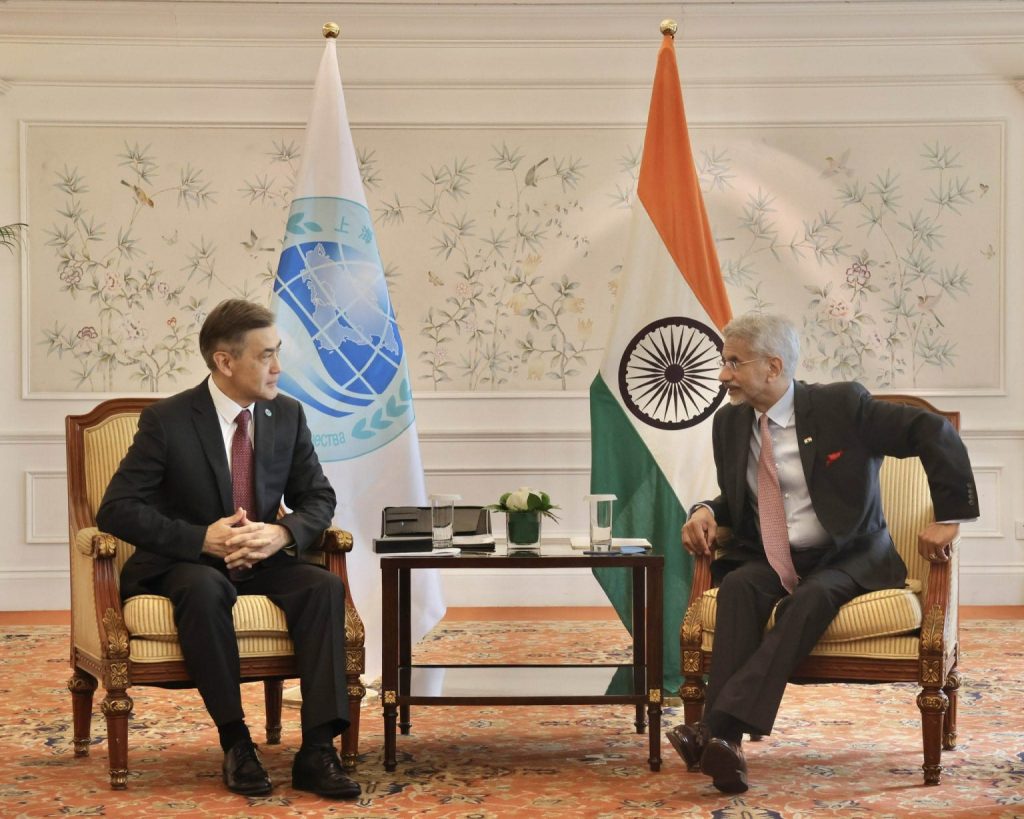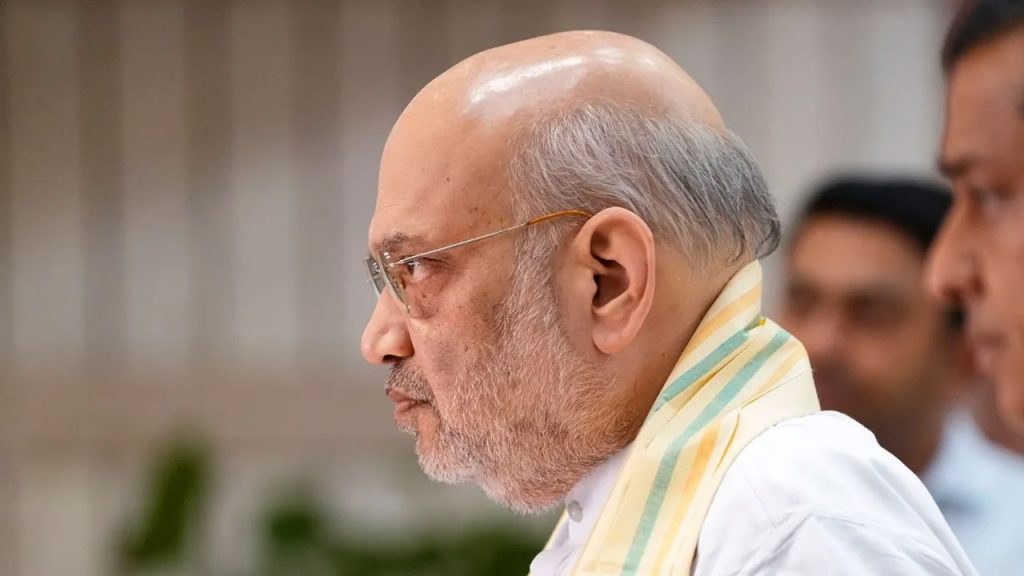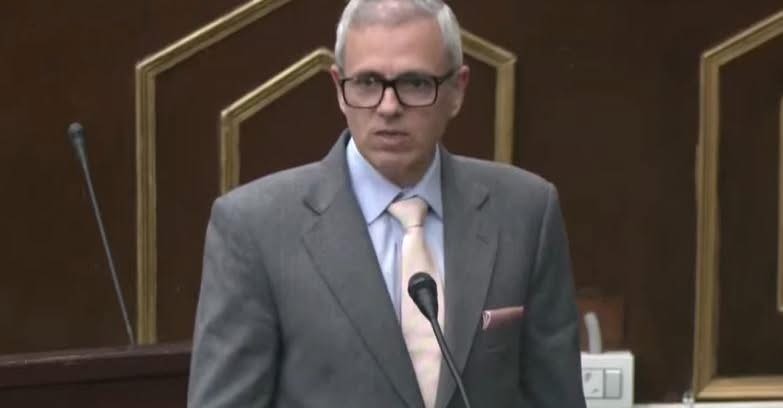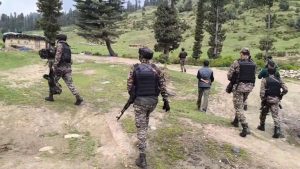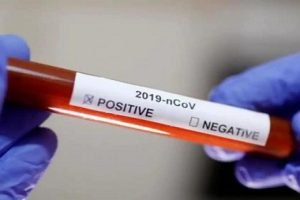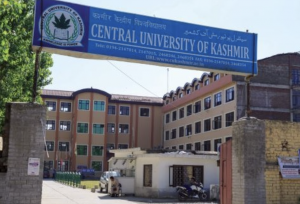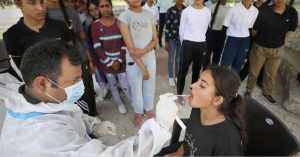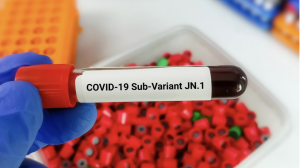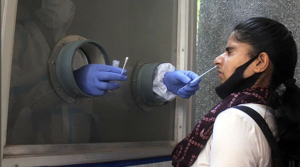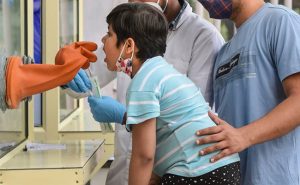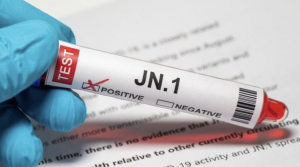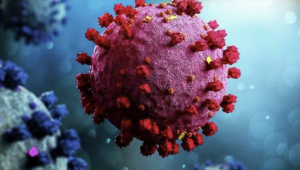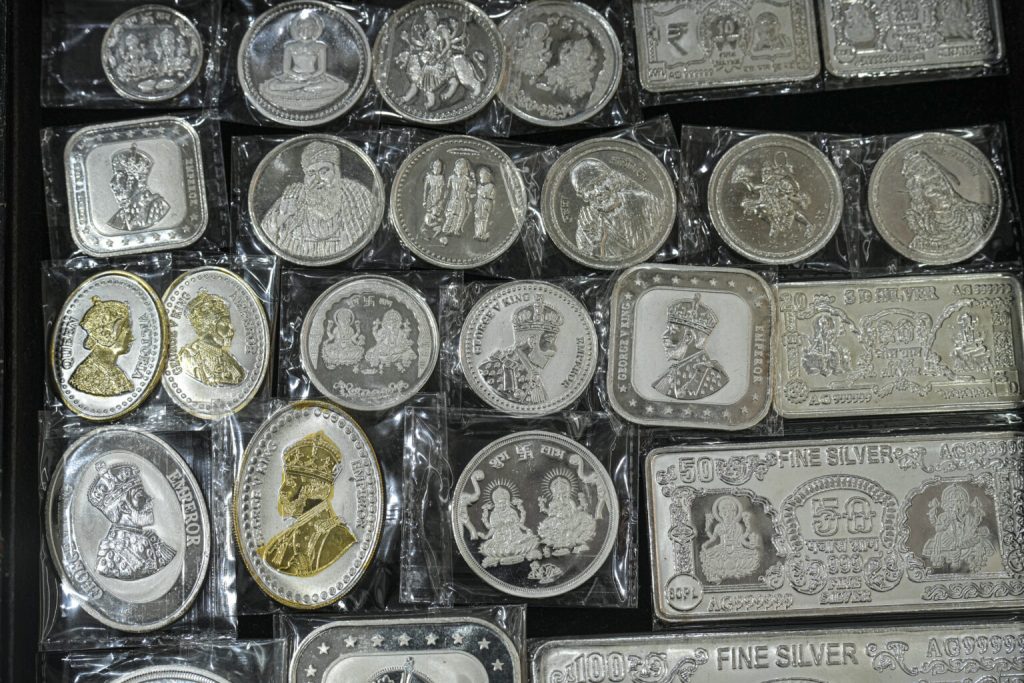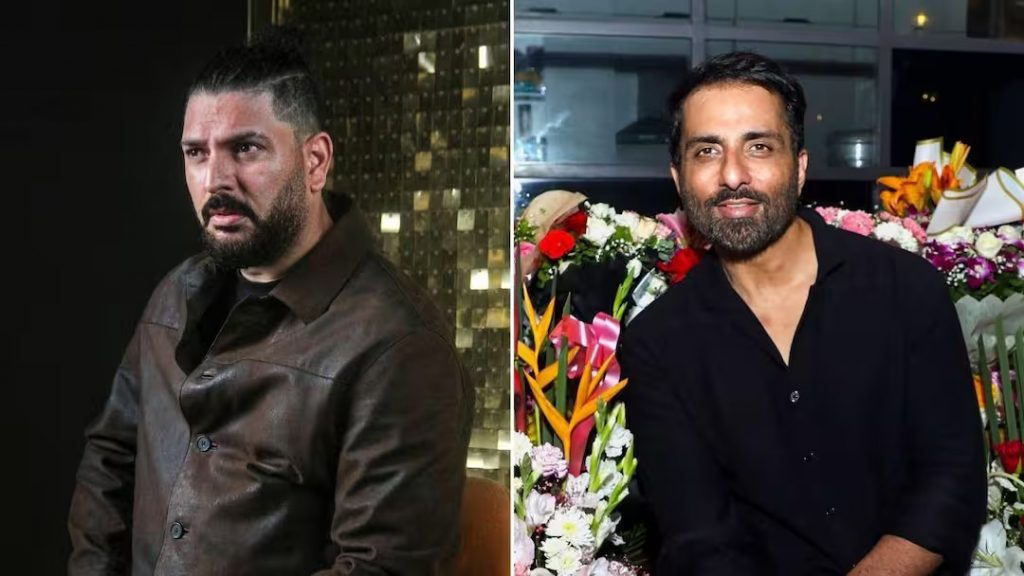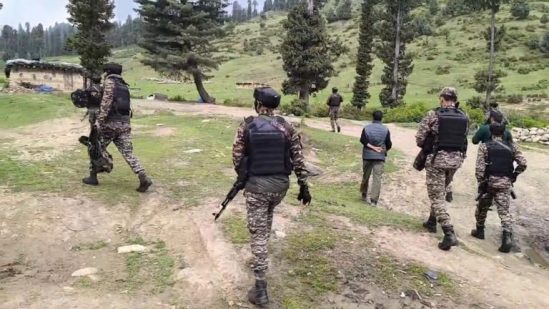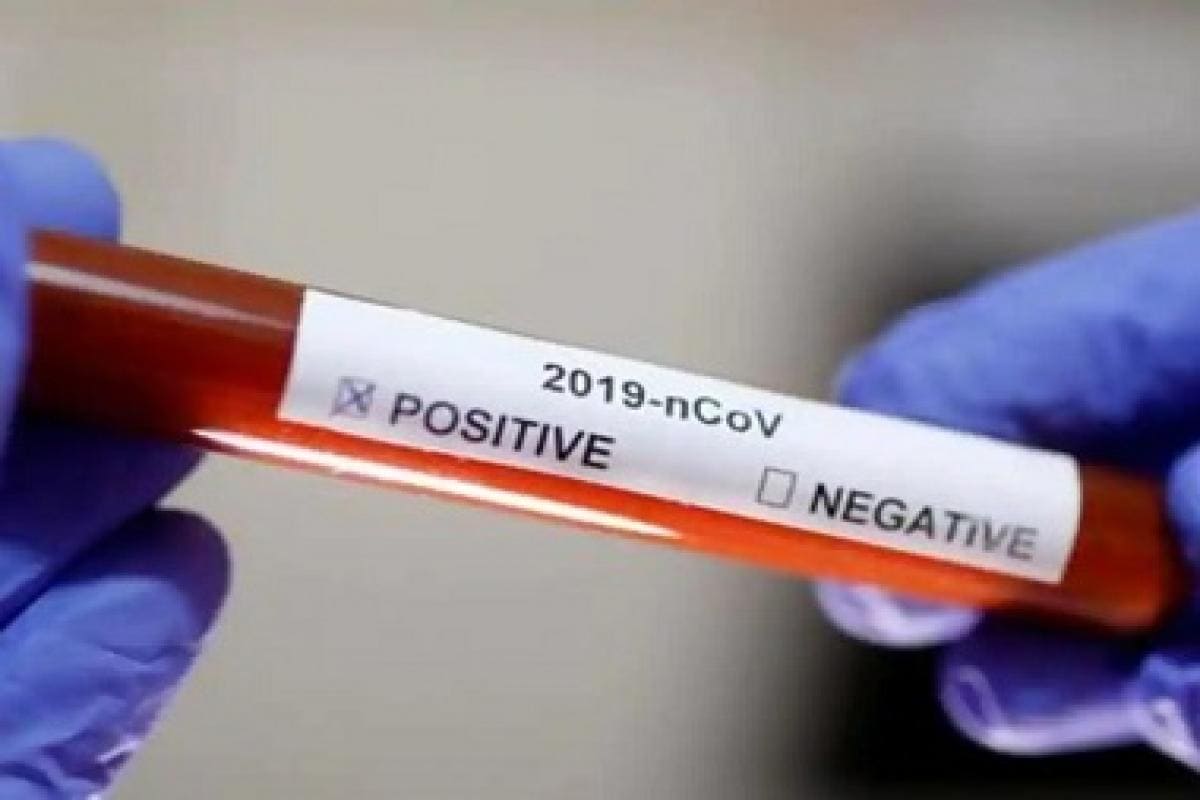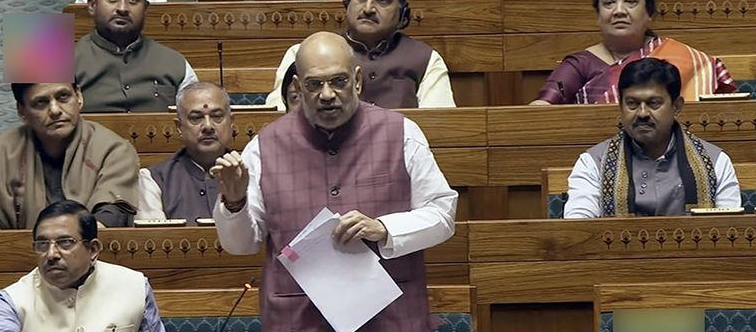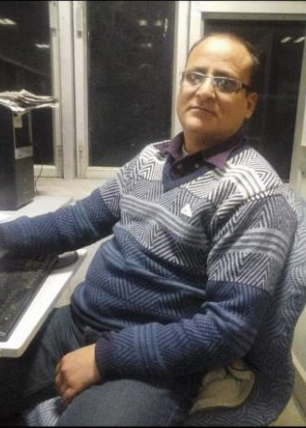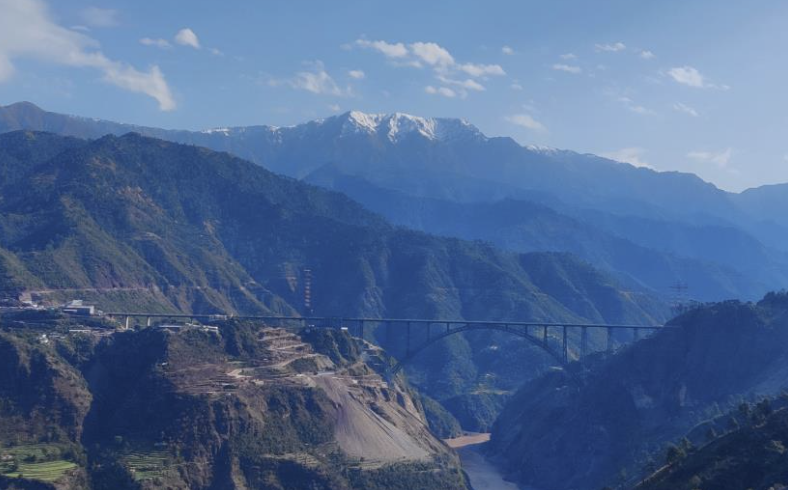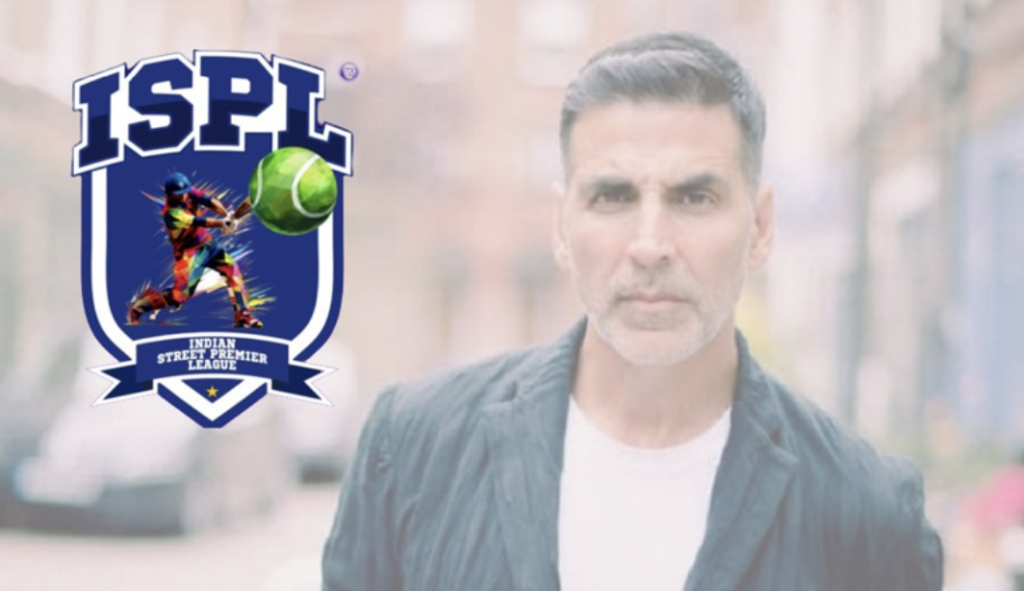New Delhi, Dec 14: According to sources on Thursday, the Lok Sabha Secretariat has suspended eight security personnel for their security failings during the incident involving the breach of Parliament. The names of the suspended security staff are Arvind, Vir Das, Ganesh Anil, Pardeep, Vimitt, Narender, and Rampal. The move was made in response to a significant security lapse that happened on Wednesday, when two trespassers, Manoranjan D and Sagar Sharma, leaped from the visitors' gallery into the Lok Sabha and unlocked smoke cans. The Delhi Police then took them into custody. Neelam Azad and Amol Shinde, two additional individuals, were also detained outside Parliament and used comparable smoke canisters.Under the Unlawful Activities Prevention Act (UAPA), which prohibits terrorism, all four of the accused have been charged. When the two detained intruders leaped the Lower House chamber from the visitor gallery during Zero Hour on the 22nd anniversary of the Parliament terror attack, there was a significant security breach in the Lok Sabha. When MPs attempted to apprehend the intruders, they proceeded to leap from one seat to another and removed canisters. Before the lawmakers overpowered them, they screamed slogans and let off yellow gas from canisters. The House was then adjourned until Wednesday at 2:00 PM. The incident occurred when BJP MP Khagen Murmu brought up his issue while members were discussing urgent public matters.Following the breach of Parliament's security, the Secretary General of the Lok Sabha wrote to the Ministry of Home Affairs (MHA) requesting a review of security. It was decided that passes for the visitors' gallery would not be issued until further orders were received. The MHA on Wednesday ordered an investigation into the Parliament security breach incident upon the Lok Sabha Secretariat's request. An inquiry committee led by Central Reserve Police Force Director General Anish Dayal Singh was constituted, comprising experts and representatives from other security agencies. According to MHA, the inquiry committee will look into what caused the Parliament's security to be breached, pinpoint any shortcomings, and suggest additional measures. The MHA had previously stated, "The Committee will submit its report with recommendations, including suggestions on improving security in Parliament, as soon as possible." Speaker of the Lok Sabha Om Birla met with political party leaders earlier on Wednesday to discuss the security breach incident. He acknowledged that the opposition leaders had raised security-related concerns and promised to review security. [caption id="attachment_7194" align="alignnone" width="300"] LS Secretariat suspends eight 8 personnel on lapses in Parliament security breach incident[/caption]…


